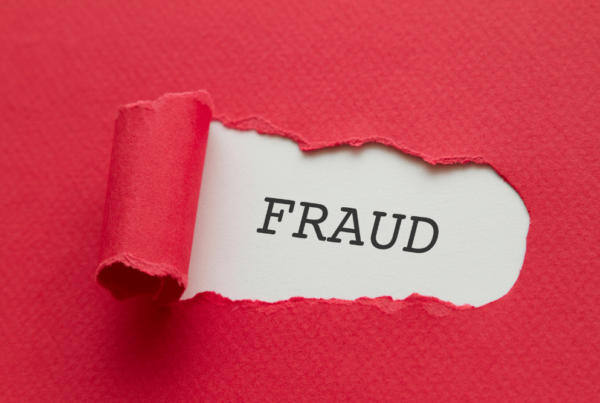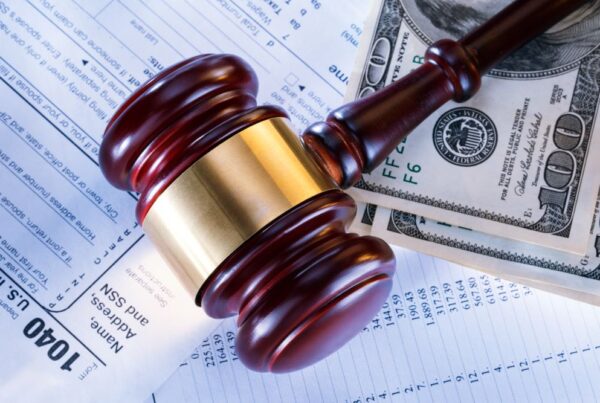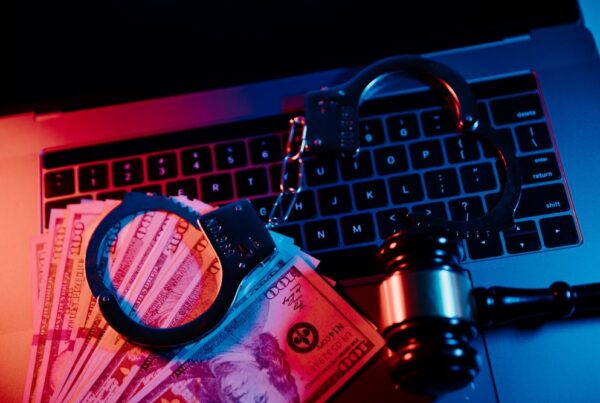During the course of an investigation, the target of surveillance may be aware that he has been targeted by the Federal Bureau of Investigation and consult with an attorney. If the phone call to a lawyer is made from the same phone number that is being recorded, then a problem arises because the conversations between an attorney and client are protected by the attorney-client privilege.
The United States Attorney has a duty to report to the court any known recordings of conversations between a defendant and his attorney. A recording of confidential communications is called an overhear, in that the conversation was overheard. Federal prosecutors must take initiative to disclose this information regardless of whether a demand for such information has been made.
If the defense attorney makes an assertion that conversations were overheard, the court may order the federal government to search its recordings for all such confidential communications. However, because of the burden of searching through hours of surveillance, the court will require the defense to present some evidence to support the claim that confidential communications were under surveillance.
The defendant must allege the following by affidavit in order for the court to order the United States to respond:
- Specific facts which reasonably lead the affiant (ie, the person swearing under oath that everything in the affidavit is true) to believe that counsel for the defendant was subjected to surveillance.
- The dates on which this occurred.
- The period of time in which the lawyer has been representing the defendant (eg, the start and end dates).
- The identity of the person(s), by name or description, together with the phone number(s), with whom the lawyer was communicating.
- Facts showing a connection between the electronic surveillance and the defendant.
Once the defendant has demonstrated these five elements, then the government must affirm or deny the illegal surveillance. If the government affirms it took place, then there is an obligation to produce the surveillance.
It is the policy of the US Attorney’s Office to oppose any motion for production of overheard surveillance. One manner in which the US will attempt to defeat such a motion is to allege that the lawyer did not legally represent the defendant at the time the intercepted communication was taking place. For example, the US would claim that no attorney-client relationship was ever established, or if it was, there was no such relationship during the time of surveillance.







Recent Comments